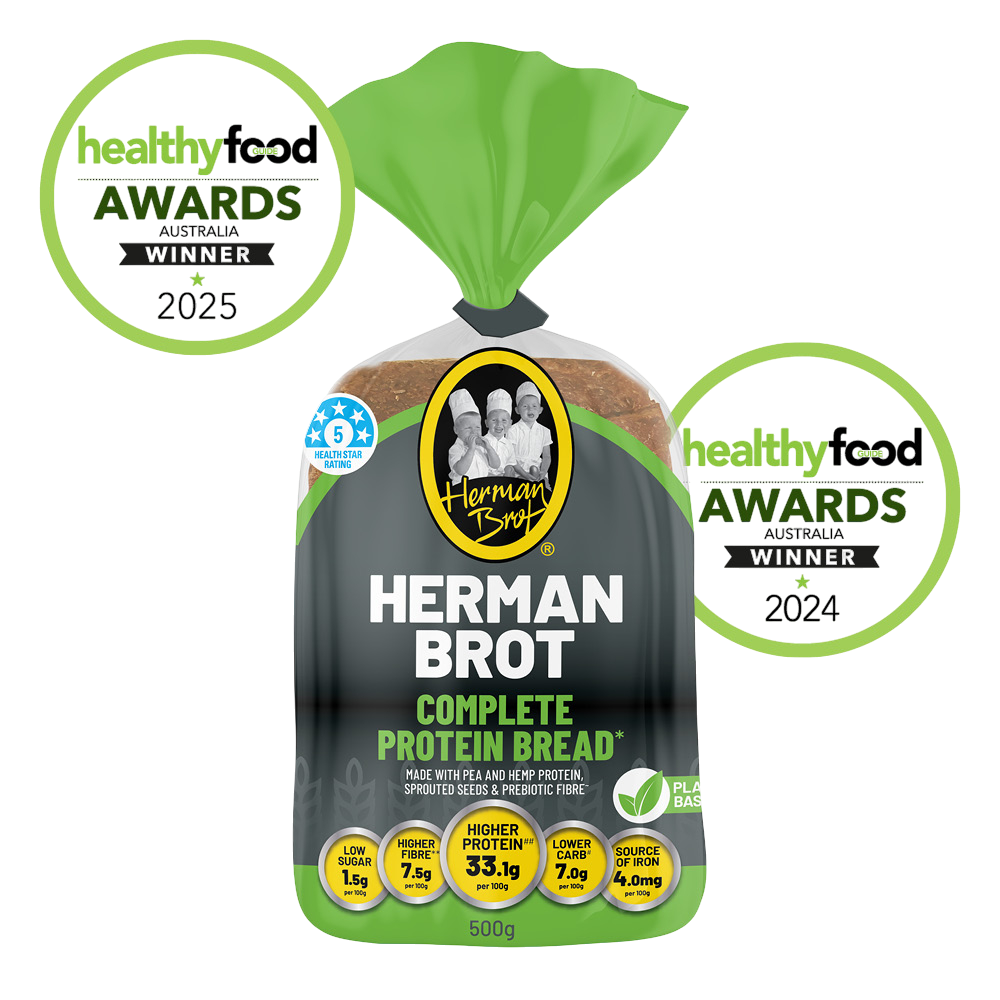The Rise of Plant-Based Protein

In recent years, there has been a significant shift towards embracing plant-based protein as a sustainable and healthy alternative to traditional animal products. With concerns about the environmental impact of animal agriculture and a growing interest in personal health and wellness, more and more people are turning to plant-based protein sources to meet their dietary needs. This rise in popularity can be attributed to a variety of factors, including advancements in food technology, an increased awareness of animal welfare, and the growing availability of delicious plant-based options. Not only are plant-based proteins better for the planet, but they also offer numerous health benefits, such as reducing the risk of heart disease, promoting weight loss, and providing a wide range of essential nutrients. Whether you're a dedicated vegan or simply looking to incorporate more plant-based options into your diet, the rise of plant-based protein offers a sustainable and delicious way to nourish your body and protect the environment.
Health benefits of plant-based protein
Plant-based proteins have gained popularity not only for their positive impact on the environment but also for their impressive health benefits. Unlike animal products, plant-based proteins are typically lower in saturated fat and cholesterol, making them heart-healthy options. Research has shown that a diet rich in plant-based protein can help lower the risk of heart disease by reducing LDL cholesterol levels. Additionally, plant-based proteins are packed with fibre, which aids in digestion, promotes a feeling of fullness, and helps regulate blood sugar levels. This can be particularly beneficial for individuals looking to lose weight or manage diabetes.
Moreover, plant-based proteins are excellent sources of essential nutrients. Many plant-based proteins, such as legumes, nuts, and seeds, contain a wide range of vitamins and minerals, including iron, magnesium, zinc, and B-vitamins. These nutrients are crucial for maintaining optimal health and supporting various bodily functions, such as energy production, immune system function, and cell repair. By incorporating plant-based proteins into your diet, you can ensure that you're getting a diverse array of nutrients to support your overall well-being.
Environmental benefits of plant-based protein
One of the primary reasons people are gravitating towards plant-based protein is its positive impact on the environment. The production of animal products, particularly meat and dairy, is a significant contributor to greenhouse gas emissions, deforestation, and water pollution. Animal agriculture requires vast amounts of land, water, and feed resources, which leads to the destruction of natural habitats and the depletion of water supplies.
In contrast, plant-based protein production has a significantly lower environmental footprint. Plant-based protein sources, such as legumes, soy, and quinoa, require fewer resources to grow and produce. They have a smaller carbon footprint, use less water, and have less impact on land use. By choosing plant-based protein over animal products, individuals can play an active role in reducing their carbon footprint and conserving natural resources, making a positive impact on the environment for future generations.
Comparison of plant-based protein to animal products
When comparing plant-based protein to animal products, there are several key differences to consider. One of the main distinctions is the composition of fats found in these protein sources. Animal products tend to be higher in saturated fats, which have been linked to an increased risk of heart disease and other chronic conditions. On the other hand, plant-based proteins are generally lower in saturated fats and higher in healthy unsaturated fats, such as omega-3 fatty acids, which have been shown to have numerous health benefits, including reducing inflammation and improving brain function.
Another important factor to consider is the presence of dietary fiber. Animal products contain little to no fiber, while plant-based proteins are rich in this essential nutrient. Dietary fibre plays a crucial role in maintaining a healthy digestive system, preventing constipation, and promoting a feeling of fullness. By opting for plant-based proteins, individuals can increase their fiber intake and support overall gut health.
Additionally, plant-based proteins offer a wider variety of nutrients compared to animal products. They are abundant in vitamins, minerals, and antioxidants that are essential for optimal health. Plant-based protein sources such as beans, lentils, and quinoa provide an excellent source of iron, calcium, and magnesium, which are crucial for proper bone health and muscle function. By incorporating a diverse range of plant-based proteins into your diet, you can ensure that you're getting a broad spectrum of essential nutrients to support your overall well-being.
Incorporating plant-based protein into your diet
Incorporating plant-based protein into your diet is easier than you might think. Start by gradually replacing some of the animal products in your meals with plant-based alternatives. All Herman Brot products are made using plant-based proteins and are suitable for incorporating into any diet. All Herman Brot products are vegan, very high in protein, low in carbohydrates and low GI. Check out our full range HERE!
The future of plant-based protein
The rise of plant-based protein shows no signs of slowing down. As more people become aware of the environmental and health benefits of plant-based diets, the demand for plant-based protein sources continues to grow. Food companies and innovators are continuously developing new plant-based products to meet this demand, from plant-based burgers that taste like meat to dairy-free alternatives that mimic the taste and texture of traditional dairy products.
Advancements in food technology, such as cellular agriculture and plant-based meat substitutes, are revolutionizing the way we think about protein sources. These innovations have the potential to provide sustainable, cruelty-free options that closely resemble animal products, making it easier for individuals to transition to a plant-based diet.
As the demand for plant-based protein continues to rise, it's clear that this trend is here to stay. The future of plant-based protein is bright, offering a sustainable and healthy alternative to animal products that benefits both our bodies and the planet.
Whether you're a dedicated vegan or simply looking to incorporate more plant-based options into your diet, the rise of plant-based protein offers a sustainable and delicious way to nourish your body and protect the environment. By choosing plant-based protein, you can make a positive impact on your health and contribute to a more sustainable future. So why not give it a try and join the plant-based protein revolution today?


